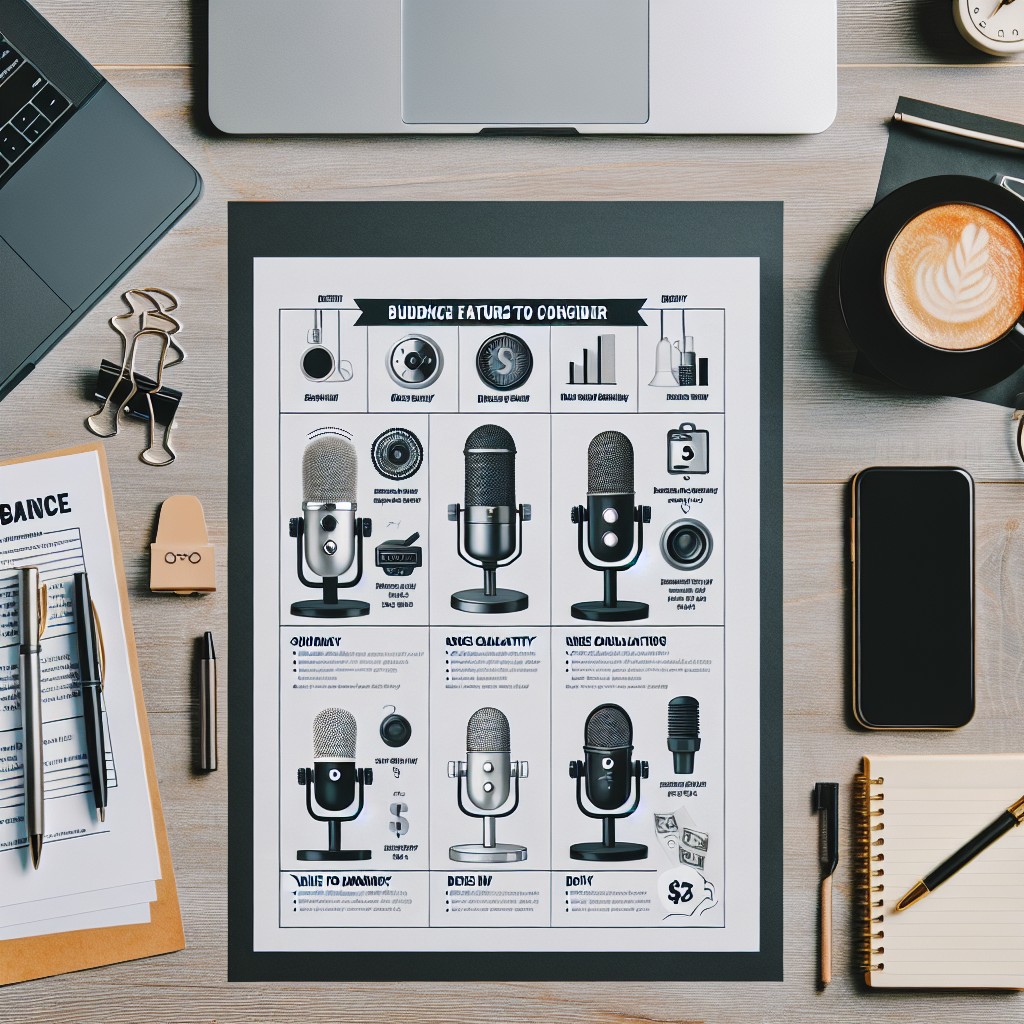Whether you're in online meetings, recording voiceovers, or starting a podcast, a good microphone can make a noticeable difference. Fortunately, quality audio doesn’t always require a professional studio or a large investment. Here’s how to choose a microphone that delivers clear sound while staying within your budget.
Microphone Type Matters There are two main types to consider:
Condenser microphones: Great for voice clarity, used in home studios
Dynamic microphones: More rugged, ideal for live use or noisy environments
For most casual recording or online calls, condenser mics offer better value and sensitivity.
USB vs. XLR Connections
USB microphones: Plug-and-play, ideal for beginners and most setups
XLR microphones: Require audio interfaces, better for advanced users
For budget purposes, USB mics are generally more practical and affordable.
Pickup Patterns Look for a cardioid pattern — it picks up sound from the front and reduces background noise. Some budget models offer switchable patterns, but cardioid is usually all you need.
Build Quality and Stand Options Even budget mics should feel sturdy. Look for:
Metal body or solid plastic housing
Desk stand or tripod included
Shock mount or pop filter (nice to have, not essential)
Avoid overly lightweight stands that tip easily.
Compatibility and Software Make sure the mic is compatible with:
Windows, macOS, and common recording apps (e.g., Zoom, Audacity)
Some offer basic software for tone adjustment, but it’s optional
Check user reviews for plug-and-play reliability.
Reliable Budget Microphone Brands
Blue Snowball iCE
Fifine
TONOR
Maono
JLab Talk GO
These brands offer USB microphones with solid performance under $50–$70.
Final Word Good audio helps you sound more professional, whether you’re chatting or creating. By choosing a microphone with strong core features and avoiding overpriced accessories, you can get crisp, reliable sound without draining your wallet.
